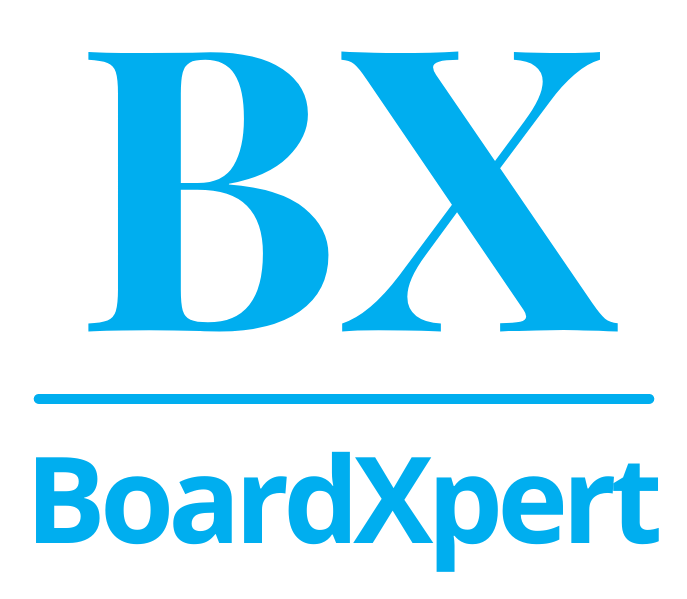Ever Faster Changing Technology
What we experience in the language industry since about 2010 is: ever faster changing technology and higher visibility for localization/translation services in top management, which is fueling each other.
Since the early 2000 years, demand for translation services has been steadily growing. This for clients resulted in higher costs and the spending for internationalization/translation suddenly became relevant for companies result (EBIT/EBITDA). Which caused additional management attention.
Technological progress was promising, expectations to reduce overall costs grew: from statistical and rule-based machine translation (SMT/RBMT) to the fantastic impact the German DeepL (neural machine translation, NMT) had in 2016. Finally, the possibilities Nvidias GPU offered in terms of computing power, combined with the amazing progress we saw with the rise of large language models (LLM) significantly boosted the wish and need for transformation in the language service industry.
Even though technology is around in that industry now for decades, the language industry remained a slowly adopting industry (of new technology and its related services). This has been due to the customers lack of understanding and visibility of tech possibilities – and the „natural resistance“ of LSPs (as well as translators) to make their services more transparent and cheaper. Often enough all players along the supplychain took benefit of new technologies but for the sake of higher margins didn’t make this transparent to their clients.
The Business Model of LSPs has not changed
Nowadays, clients are better informed about the possibilities NMT and LLMs offer. Even CEOs and CFOs have a dangerous semi-knowledge about “those AI technologies”. This is why margins for LSPs and translators are dropping.
The whole truth is: the business model of LSPs has not changed at all. Most of the LSPs never did all the work by themselves. And for more than 30 years they have been using technology to speed up processes, to enable higher consistency and higher margins (for themselves). A huge number of LSPs do not translate by themselves – they act just as trading and consulting agencies. With the help of technology like translation memory (TM), translation workflow systems (TMS), client portals, (N)MT, QA-tools, data extracting tools, LLMs, etc.pp. they guide clients through the foggy tech landscape. They provide to clients the combination of specific language skills with the knowledge about the possibilities the different technology offers.
LSPs typically do not invent technology. They simply make existing and available tech beneficial and ready to use to end-clients. One of the core competencies a good LSP has is a highly professional project management.
The mission is to guide clients efficiently through the jungle of facts and (yellow-press) fiction about technology. To make existing technology easy to use and bring it into real life business processes.
Does this change? No, not at all.
The tech which is being used changes. And the offered services, the offered service levels, as well as the responsibility an LSP takes – they are changing as well.
Translation itself becomes more and more commodity – and is getting cheaper and cheaper.
Business analytics (click-through-rates, customer behavior, conversion rates, etc.) including agile content changes, as well as instant translations (e.g. in customer contact centers) are getting more important.
There Is No One-Size-Fits-All
In other words: LSPs are in charge of showcasing to their clients what are the new, additional possibilities technology is offering. Literally, to translate tech chances into real-world business process improvements. And to name it clear: there is no one-size-fits-all. A deep-integrated tech usage is not necessarily better than a pure human translation. It simply depends on the clients’ situation and needs.
And this will become the new super-power of LSPs: to balance the right level of technology usage on a client-individual base.
So the pivot LSPs are undergoing is the move from a simple contractor of “exchanging words from one language into another language” to a business process consultant. Which equals to a higher responsibility, closer collaboration and even deeper partnership with the clients.
And in the perfect world this is the base to increase rates and make (more) money.







